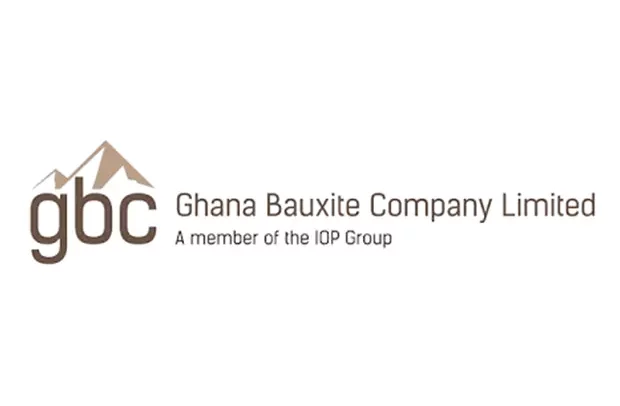A mining lease agreement between the Government and the Ghana Bauxite Company to extract bauxite at Awaso in the Bibiani Anhwiaso Bekwai Municipality of the Western North Region has been approved by Parliament.
The agreement was unanimously ratified by MPs from both sides of the House through a resolution yesterday, following the presentation of a joint Committee of Mines and Energy and Lands and Forestry report to Parliament.
The mining lease was presented to Parliament earlier this month for ratification under Article 268(1) of the 1992 Constitution by Minister of Lands and Natural Resources, Samuel A. Jinapor.
The Awaso bauxite mine is an important part of the government’s strategy to develop a fully integrated aluminum industry in the country.
The Ghana Integrated Aluminium Development Corporation (GIADEC), which was established to promote and develop the integrated aluminium sector, has designated this mine as one of four projects to create an integrated industry.
The Government, through the Ministry of Lands and Natural Resources, signed a new lease agreement with a local entity, Ofori-Poku Company Limited (OPCL), to offload 80% shares in Ghana Bauxite Company, following the exit of Bosai Minerals Group in 2022.
Established in 1990, OPCL boasts vast experience in the mining sector, having functioned as a top provider of several mine services, such as haulage, transport, and climate change solutions.
The company was given a new lease on May 3, 2024, covering the Kanayerebo, Subri, Nchiniso, Afumba, and Bokahirri Hills in Awaso, when its mining tenure expired.
As part of its goal, GIADEC is collaborating with key investors to develop the mine and construct a refinery to process bauxite extracted in the area.
Presently, the only bauxite-producing company in the nation is the Ghana Bauxite Company, which has been in operation for more than 80 years.
The National Redemption Council’s policy of “taking over the commanding heights of the economy” led to the passing of the Mining Operations (Government Participation) Decree, 1972 (NRCD 132), which allowed the government to purchase a 55% stake in the British Aluminium Company Limited.
But following that, the company encountered a number of difficulties, as evidenced by the fact that production fell from 407,00 tonnes in 1974 to a pitiful 64,00 tonnes in 1982.
As a result, the government chose to sell its stake in the company. In 1997, Alcan, a Canadian business, bought an 80% share of the company, with the government owning the remaining 20%.
Alcan’s stake in the business was purchased by the British-Australian multinational, Rio Tinto, which sold it to the Bosai Minerals Group in 2010.
By Ernest Kofi Adu, Parliament House


